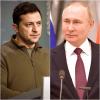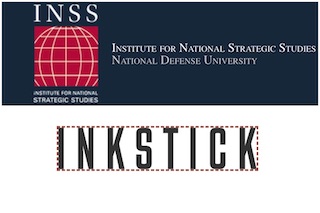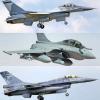Russia-Ukraine Conflict amid the "Fog" of WMDs
The Ukraine-Russia conflict is more than one month old now, yet there is no immediate solution in sight. Just before starting the invasion of Ukraine, Russian President Vladimir Putin had given a clear-cut 'nuclear' message to the world by mentioning that any western intervention would witness consequences the West had never seen or thought of before. Putin is systematically raising the Weapons of Mass Destruction (WMD) bogey over the last month. Traditionally, chemical, biological, radiological, and nuclear (CBRN) weapons are classified as WMD.









